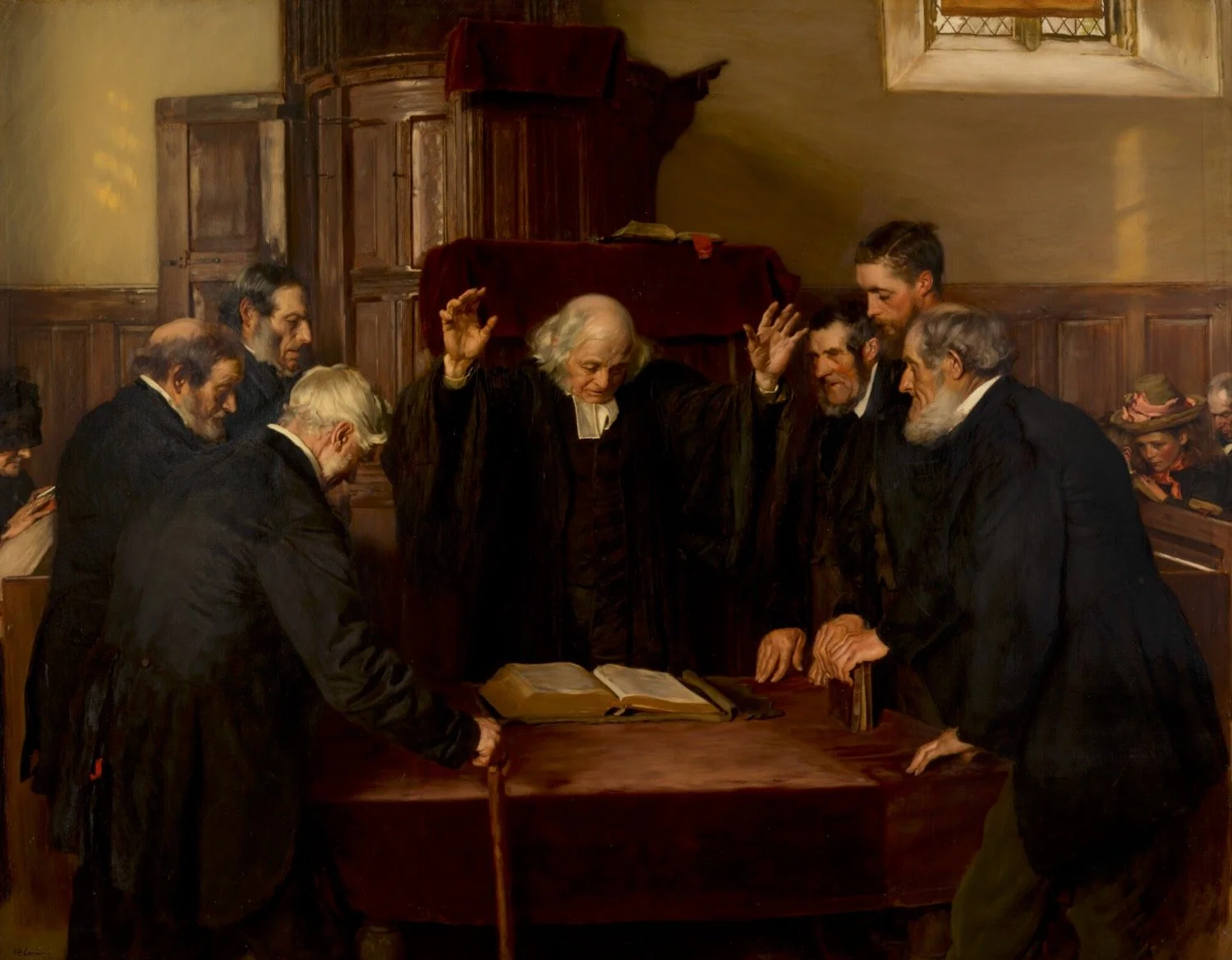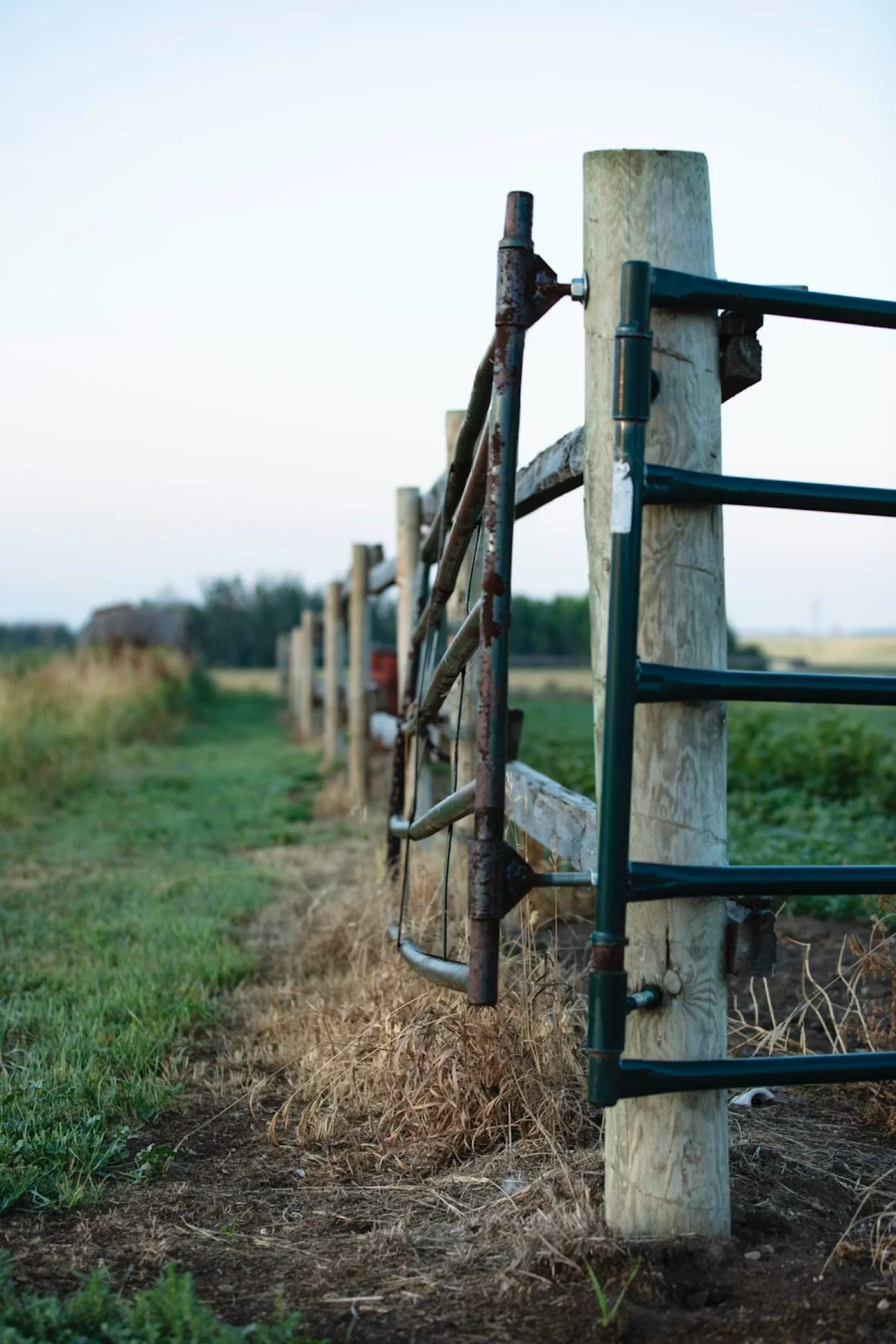Readings for today: Exodus 37-40
A few years ago, an atheist accidentally broke Twitter when he/she posted, “Christianity is a belief that one God created a universe 13.79 billion years old, 93 billion light years in diameter (1 light year = approx 6 trillion miles), consisting of over 200 billion galaxies, each containing an average of 200 billion stars, all to have a personal relationship with you.” What they intended for snark, Christians naturally picked up and retweeted like crazy as a great description of what our faith believes. It’s truly astounding to consider. The God who created all things. The universe and all that is in it. The earth and all that is in it. The God who knit each of us together in our mother’s wombs. Who calls each star by name. Who sets the planets in motion. Who governs the universe by His Word. This same God desires to have a relationship with us. Desires to dwell with us. Desires to have a people to call His very own.
Perhaps this puts everything we’re reading into proper perspective. I know it’s easy to get lost in all the details of the tabernacle. It’s easy to wonder why God cares so much about the furnishings of the place where He will dwell. It’s tempting to project on God our own issues of greed, jealousy, envy, etc. (Why does God need all the gold and opulence?) Sometimes we even take the step of placing ourselves in judgment over God as we question His motives, doubt His intentions, and challenge His authority. But then we have to take a step back and remember who it is we are talking about. We are talking about the same God who created everything listed in that atheist’s tweet above. So perhaps His ways are higher than our ways? Perhaps His thoughts are higher than our thoughts? Perhaps He is under no obligation to explain Himself to us? Perhaps He doesn’t answer to us? Perhaps He is far above and beyond us and we should remember our place?
Philosopher Sally McFague once defined sin as a “refusal to remain in our place.” We aspire to be gods. We aspire to be like God. We refuse to stay in the role of a servant. We refuse to remain in our place as God’s instruments of blessing in this world. We want more. We want it all. We want to reign and rule and exercise our own dominion over all God has made. In our pride, we believe we should be the masters of our own destinies and the captains of our own souls. In our ignorance, we believe we have the right and the standing to challenge God on His terms. And that’s why I believe God sets up the Tabernacle. It’s why His glory descends upon it like a cloud. He wants to remind us to stay in our place. Not to put us down but to lift us up. Not to break us down but to build us up. It’s healthy for us to be reminded He is God and we are not.
“Then the cloud covered the tent of meeting, and the glory of the Lord filled the tabernacle. Moses was not able to enter the tent of meeting because the cloud settled on it and the glory of the Lord filled the tabernacle. But when the cloud was lifted up from the tabernacle, the Israelites would set out on all their journeys; but if the cloud was not lifted up, then they would not journey further until the day it was lifted up. For the cloud of the Lord was on the tabernacle by day, but fire would be on it at night, in plain view of all the house of Israel, throughout all their journeys.” (Exodus 40:34-38 NET)
Readings for tomorrow: Leviticus 1-4




